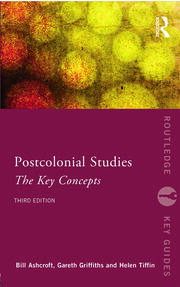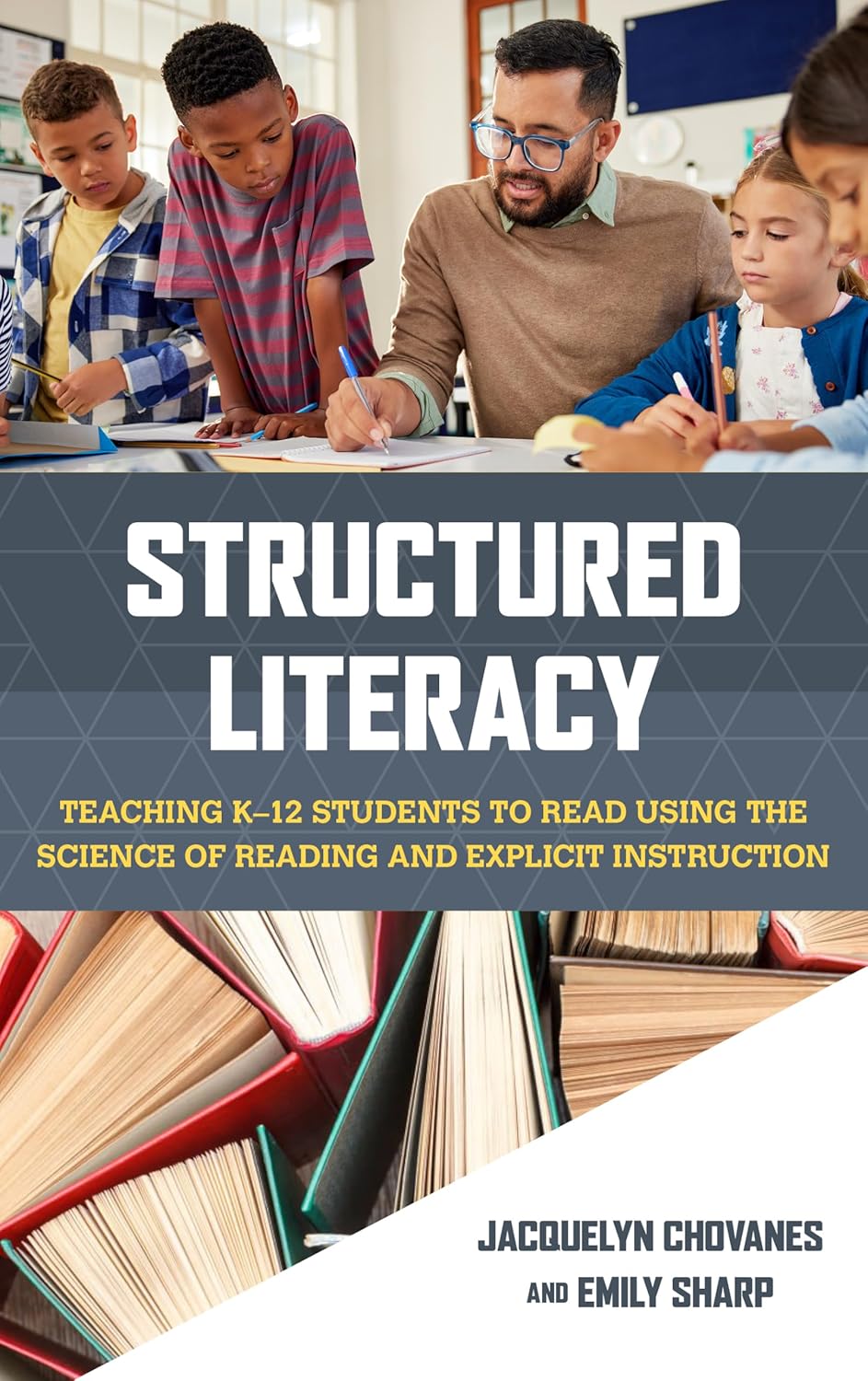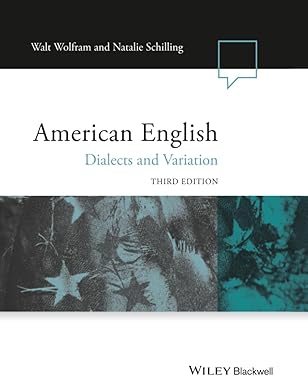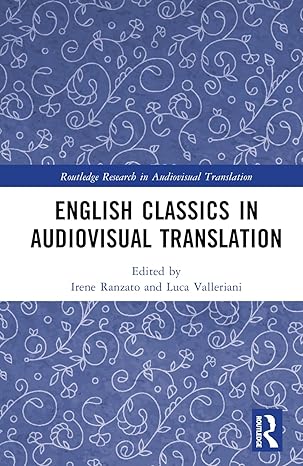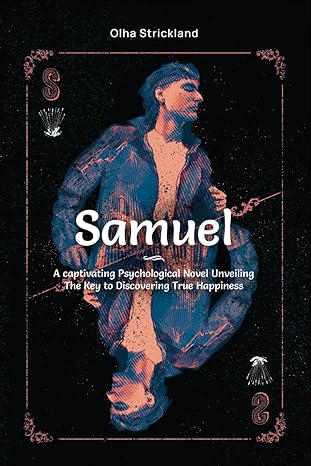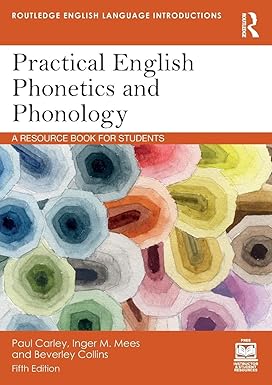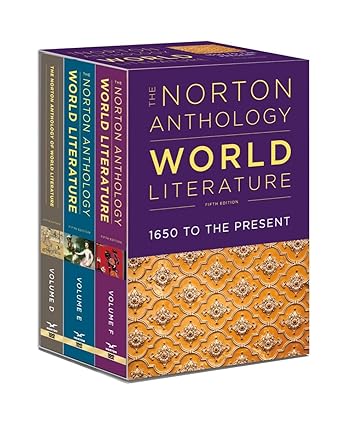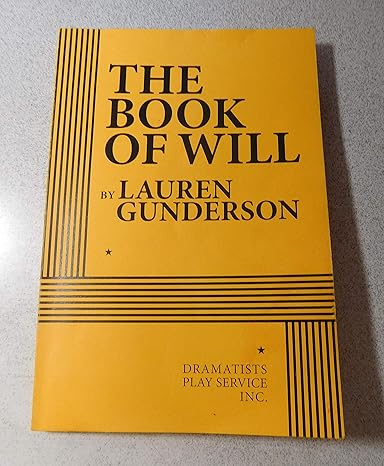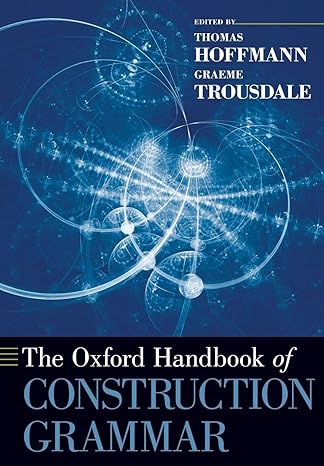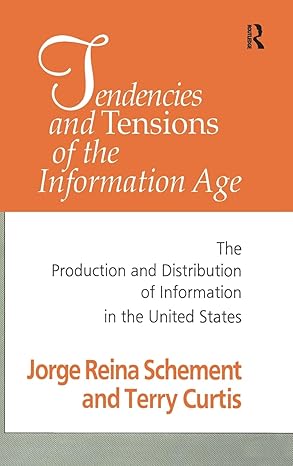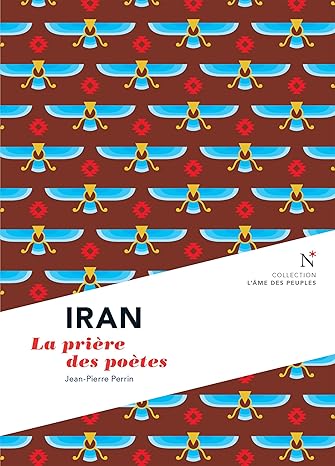Since the publication of the first edition of Postcolonial Studies over fourteen years ago, the subject has expanded and diversified in both
its impact and its significance, in fields as varied as globalization, environmentalism, transnationalism, the sacred and even economics,
through the significance of the spread of neo-liberalism. The controversies in the field, particularly circulating around the term ‘postcolonial/
postcolonial’ itself, continue unabated, but the relevance of neo-imperialism and the issues emerging from the engagements of
postcolonized societies in a ‘glocal’ age have demonstrated the usefulness of postcolonial analysis. From the perspective of this decade it
is possible to look back at the 1990s and see how important the humanities in general and postcolonial discourse in particular were to developing a new language to address the problems of global culture and the relationships between local cultures and global forces. This
occurred because the classical narratives of Modernity in which social theory was mired – dependency theory and centre–periphery
models – were unable to explain the multi-directional flow of global exchanges, a flow that was most noticeable in cultural exchange. One
significant example of this multi-directional flow is the phenomenon of the Black Atlantic, which reveals the amazing complexity and productivity
of African cultures in the Atlantic. The history of such flows reveals that the multi-directional and transcultural nature of global culture is not a new phenomenon.
چکیده فارسی
از زمان انتشار اولین ویرایش مطالعات پسااستعماری بیش از چهارده سال پیش، این موضوع در هر دو زمینه گسترش یافته و متنوع شده است
تأثیر و اهمیت آن، در زمینههایی مانند جهانیسازی، محیطزیستگرایی، فراملیتگرایی، مقدسات و حتی اقتصاد،
از طریق اهمیت گسترش نئولیبرالیسم. مناقشات در این زمینه، به ویژه در مورد اصطلاح «پسااستعماری/
خود پسااستعماری، بی وقفه ادامه دارد، اما ارتباط نئو امپریالیسم و مسائل ناشی از تعاملات
جوامع پسااستعماری در عصر «جهانی» سودمندی تحلیل پسااستعماری را نشان داده اند. از دیدگاه این دهه
می توان به دهه 1990 نگاه کرد و دید که علوم انسانی به طور کلی و گفتمان پسااستعماری به طور خاص چقدر برای توسعه زبانی جدید برای پرداختن به مشکلات فرهنگ جهانی و روابط بین فرهنگ های محلی و نیروهای جهانی اهمیت دارد. این
به این دلیل رخ داد که روایات کلاسیک مدرنیته که در آن نظریه اجتماعی غرق شده بود - نظریه وابستگی و مرکز - پیرامون
مدلها - قادر به توضیح جریان چند جهته مبادلات جهانی نبودند، جریانی که در مبادلات فرهنگی بیشتر قابل توجه بود. یک
نمونه بارز این جریان چند جهته پدیده اقیانوس اطلس سیاه است که پیچیدگی و بهره وری شگفت انگیز را نشان می دهد
فرهنگ های آفریقایی در اقیانوس اطلس تاریخچه چنین جریان هایی نشان می دهد که ماهیت چند جهتی و فرافرهنگی فرهنگ جهانی پدیده جدیدی نیست.
ادامه ...
بستن ...
